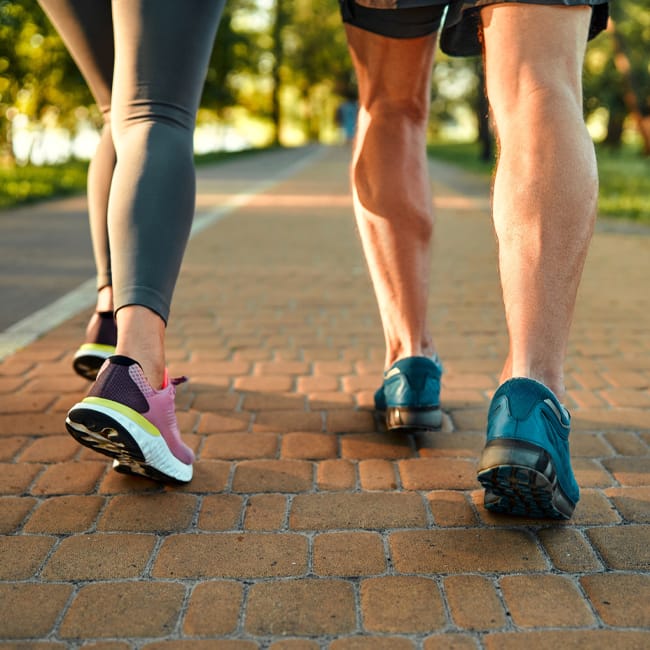This is an archived article and the information in the story may be outdated. Please check the time stamp on the story to see when it was updated last.
Starting your morning with a cup of coffee is a great way to jumpstart your metabolism. The main stimulant in coffee, caffeine, can help increase your metabolic rate, which can have a positive impact on weight loss.
In fact, according to Healthline, “The rate at which you burn calories at rest is called resting metabolic rate (RMR). The higher your metabolic rate, the easier it is for you to lose weight and the more you can eat without gaining weight. Studies show that caffeine can increase RMR by 3–11%, with larger doses having a greater effect.”
To make coffee an even more effective metabolism booster, you can add cinnamon to your morning brew. Keep reading for all the details!


Add Cinnamon
According to Very Well Fit, "Cinnamon is also thought to boost metabolism because your body uses more energy to process the spice than it does for other foods."
Plus, the article continues, "It’s full of fiber, a nutrient that’s essential for achieving that “full” feeling and signaling to your body that mealtime is over."

That's not all. A compound in cinnamon--cinnamaldehyde--can help you burn more calories. Healthline explains, "[A] 2017 study found that the compound cinnamaldehyde may activate thermogenesis. During thermogenesis, your body creates heat — and burns calories in the process."

In addition, according to Forbes, there is some evidence that cinnamon can help speed up your metabolism. According to the article, a systematic review published in the Annals of Family Medicine found that "eating cinnamon was associated with significantly lower fasting blood sugar, total cholesterol, LDL cholesterol, and triglyceride levels and higher HDL cholesterol levels in patients with Type 2 diabetes."

Plus, Forbes cites another review article in the Journal of Diabetes Science and Technology, which shows that cinnamon can help slow the emptying of the stomach.
"Slower emptying of the stomach may help people feel fuller longer after eating," the article explains.


























